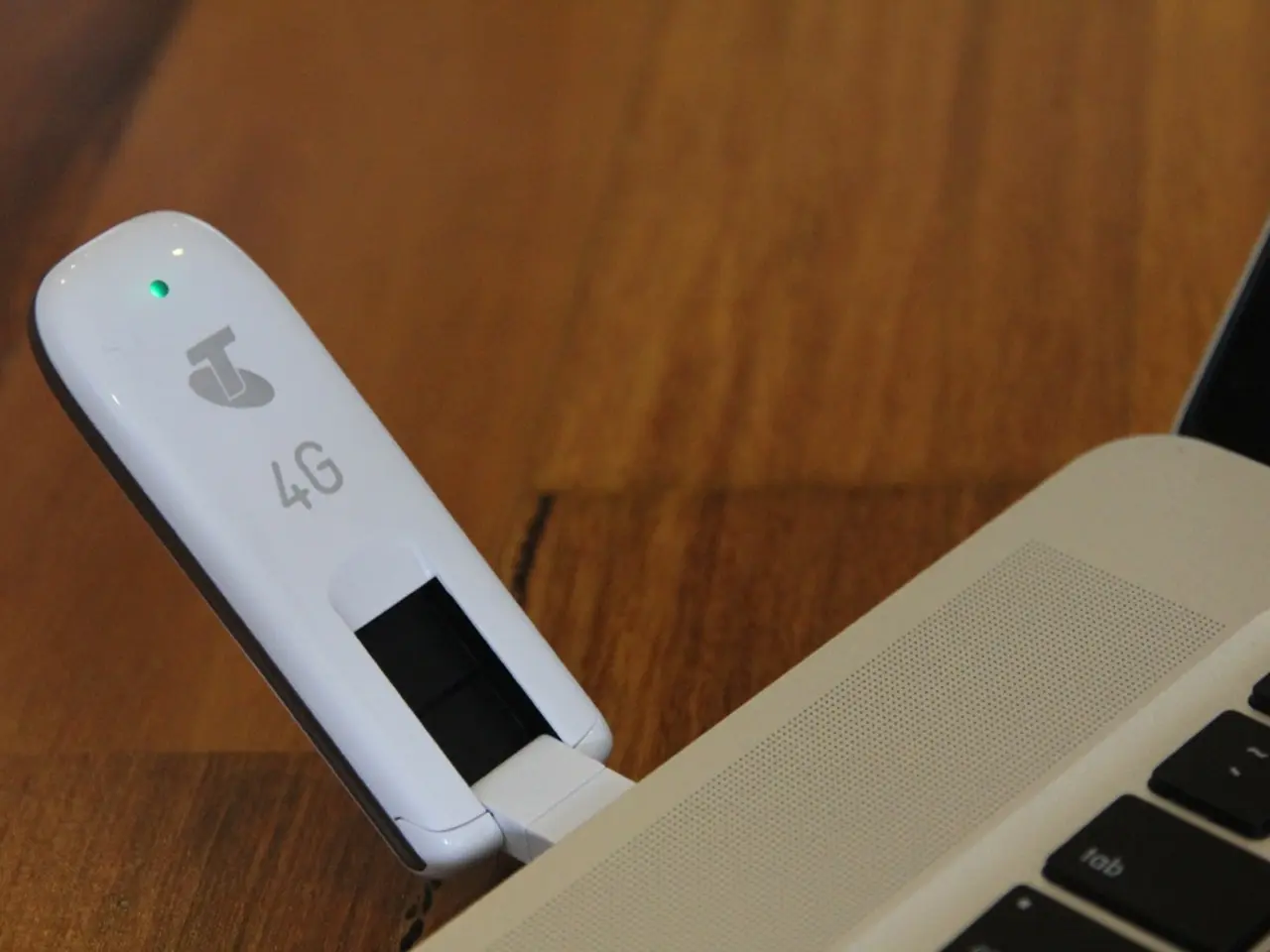UPI Dominates Global Real-Time Payments, Processes ₹24.85 Lakh Crore in August 2025
The Unified Payments Interface (UPI), a brainchild of the National Payments Corporation of India (NPCI), has taken the digital payments world by storm. Backed by major Indian banks and regulated by the Reserve Bank of India (RBI), UPI now dominates 85% of India's digital payments landscape and accounts for nearly 50% of global real-time transactions.
UPI's meteoric rise is evident in its daily average of 645 million transactions. This remarkable figure is a testament to the platform's ease of use and wide acceptance. The success of UPI has not gone unnoticed internationally. It is now live in seven countries and has partnerships or interest from over a dozen more, demonstrating its global appeal.
The platform's growth can be attributed to several innovative features. UPI 123Pay, UPI Autopay, RuPay Credit Card Integration, NRI Integration, and UPI One World have all contributed to the platform's expansion. These features have made UPI more accessible and versatile, catering to a wide range of users.
PhonePe, Google Pay, and Paytm are the leading UPI platforms, accounting for over 90% of UPI's total volume. PhonePe leads in transaction value with a 48.6% share, followed by Google Pay with 35.5% and Paytm with 8.5%. This healthy competition has driven innovation and improved user experience.
In August 2025, UPI processed a staggering 20.01 billion transactions, with a total value of ₹24.85 lakh crore. This figure underscores UPI's transformative role in India's economy. It has become a symbol of self-reliance and digital empowerment, driving economic participation and transforming the informal economy.








